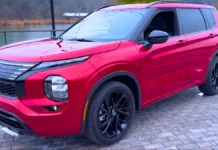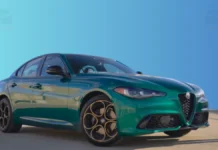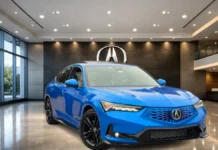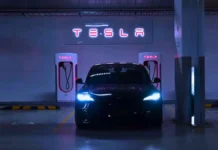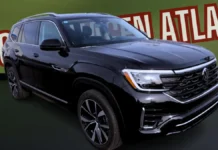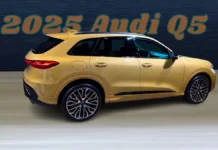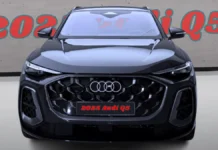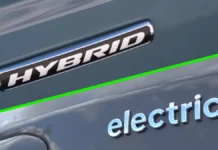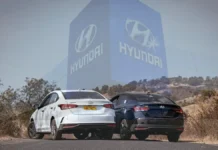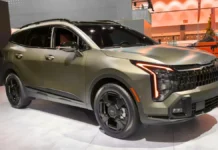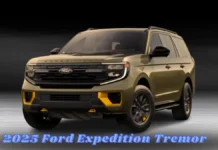So… are Hyundai cars actually good? That’s the million-dollar question. Today, we’ll explore Hyundai’s quality, reliability, performance, safety, and overall value. You’ll get a clear perspective on what makes Hyundai stand out—and where it may fall short.
Quick snapshot: Hyundai delivers above-average reliability, class-leading warranties, impressive performance (from hot hatches to EV beasts), top-tier safety features, and strong value-for-money credentials.
Brand Overview & Warranty
A Compact History
What began as a modest South Korean automaker in 1967 has grown into a global powerhouse—the Hyundai Motor Group now produces millions annually, spanning everything from subcompact cars to high-end EVs.
Warranty That Sets the Standard
Hyundai’s industry-leading 10‑year/100,000‑mile powertrain warranty is a powerful trust signal, outpacing most competitors. It reflects the company’s confidence in its long-term durability and is often highlighted as a purchasing advantage.
A Remarkable Turnaround
Just two decades ago, Hyundai battled a reputation for inferior reliability. Thanks to decades of investments in manufacturing, quality control, and global R&D, Hyundai models now routinely earn accolades for performance and dependability across markets.
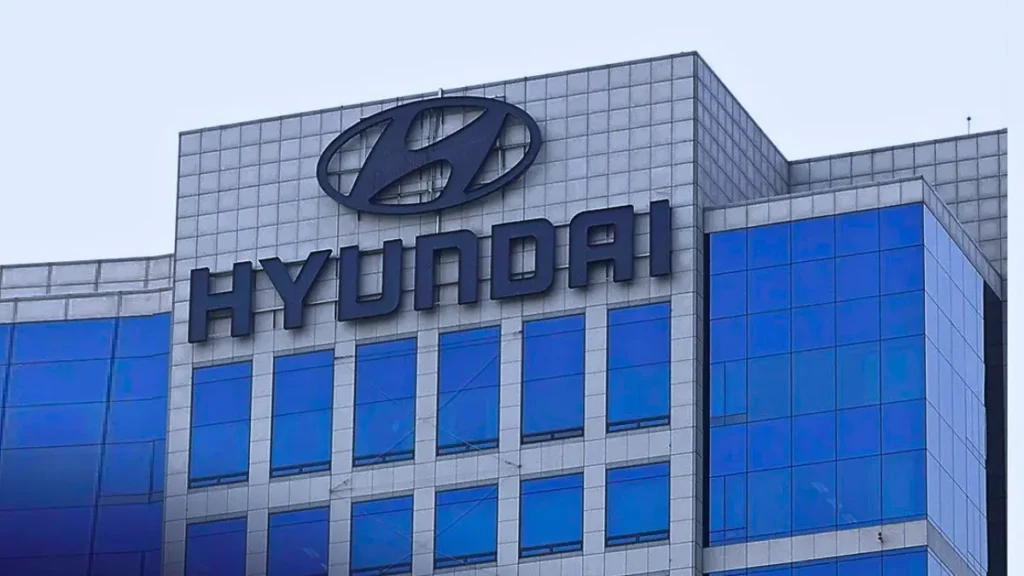
Quality & Reliability
Strong Brand-Level Metrics
RepairPal Insights
Hyundai earns a 4.0/5 reliability rating, placing it 4th out of 32 major brands.
- Annual average repair cost: $468, well below the industry norm of $652
- Shop visit frequency: ~0.3 visits/year vs. 0.4 industry average
- Severe repair probability: ~10%, lower than the 12% average
That’s a compelling case for long‑term ownership peace of mind.
Model-by-Model Reliability
- Hyundai Tucson: 4.0/5 (compact SUV segment), ~$426/year maintenance cost
- Hyundai Sonata: 4.0/5 (mid-size), ~$458/year vs. $526 for rivals
- Hyundai Santa Fe: 4.0/5 (mid-size SUV), $515/year vs. $573 typical
Spotlight: Popular Lineup
Models like the Elantra, Sonata, Tucson, Santa Fe, and Kona consistently deliver dependable performance, healthy resale values, and low ownership costs.
Common Pain Points
Still, no brand is perfect. Hyundai has faced historical issues with early Theta engines and isolated hiccups in transmissions and electronics. That said, most of these problems have been comprehensively addressed through recalls and warranty updates.
Used-Car Considerations
Hyundai’s long warranty and solid reliability ratings also support a strong presence in the used-car market. Buying a certified pre-owned Hyundai with remaining coverage is often a savvy, cost-effective choice.
Performance: Gas, Hybrid & EV
Hyundai isn’t just about value—it’s about engaging performance from every segment:
Gas-Powered Thrills
- Elantra N: ~276 hp hot hatch, praised for nimbleness
- i30 N (in markets outside North America): robust performance, sharp handling, and red-line fun
Electrified Performance
Hyundai’s Ioniq 5 N redefines EV dynamics:
- Dual-electric motors combine for 601 hp, with 641 hp via a 10‑second “N Grin Boost”
- 0–62 mph in ~3.4 seconds, top speed ~162 mph (260 km/h)
- Features N Drift Optimizer, Torque Kick Drift, e‑Shift, and Nürburgring-tuned chassis
Jeremy Clarkson even dubbed it “amazingly fast,” noting its Nürburgring and Drift modes, despite some quirks around turning radius and price.
Hard-Core EV Engagement
The Ioniq 5 N survived 10,000 km of Nürburgring testing without showing critical endurance issues, proving it’s more than just a performance showpiece. Track tests show consistent, powerful grip, even leaning into sideways delight—confirmed by drift champions like Keiichi Tsuchiya.
Hybrid Balance
On the hybrid front, the Ioniq Hybrid scores over 96% reliability, placing it among the most dependable electrified vehicles available.
Safety & Tech
Top Safety Ratings
Hyundai’s safety credentials include IIHS Top Safety Pick+ honors for models like the Ioniq 6 and Palisade, reinforcing its commitment to occupant protection.
SmartSense Suite
Hyundai bundles advanced driver-assistance (ADAS) technologies—like adaptive cruise, lane-keeping assist, and automatic emergency braking—under SmartSense, with many features standard even on mid-trim trims.
Interior & Infotainment
Reddit owners generally appreciate the intuitive UIs and solid interior feel. One comment on r/Ioniq5 observed:
“The brakes are insane on the IONIQ… competition that’s good for everyone.”
— (r/TeslaModelY)
That sentiment echoes across forums: Hyundai’s cabins and tech stack punch above their price class.
Value for Money & Running Costs
Lower Cost to Own
RepairPal confirms Hyundai’s average annual maintenance cost of $468 vs $652 industry average—a nearly 30% savings.
Total Cost of Ownership
Models like the Venue, Elantra, and Kona regularly deliver low five-year TCO scores. Combined with the powertrain warranty, this translates to strong resale potential and reduced financial risk.
Warranty + Maintenance = Value
The unmatched warranty and low service costs solidify Hyundai’s status as a smart investment—especially for families budgeting long-term ownership.
Model Comparisons
| Model | Segment | Highlights |
|---|---|---|
| Elantra | Compact car | Reliable, efficient, budget-friendly |
| Sonata | Midsize sedan | Comfort, smooth hybrid, family appeal |
| Tucson / Santa Fe / Palisade | SUVs | Spacious, feature-rich, dependable |
| Kona | Subcompact SUV | Agile, city‑friendly, practical |
| i30 N | Hot hatch | Enthusiast-focused, performance tuned |
| Ioniq 5/6 & Ioniq 5 N | EVs | Stylish, tech-packed, highly engaging |
Pros & Cons Summary
✔️ Strengths
- Reliable and cost-efficient
- Industry-leading warranty
- Advanced safety & infotainment
- Competitive performance, especially EVs
- Smart value across segments
⚠️ Considerations
- Certain engines had earlier reliability issues
- Minor electrical/electronic quirks persist
- Resale values, while improving, still trail top-tier brands
Verdict: Answering “Are Hyundai Cars Good?”
In a word: Yes. Hyundai has transformed from a budget underdog into a respected, reliable powerhouse—with something for nearly every type of driver.
That said, shopping smart means focusing on newer model years to steer clear of older Theta-engine concerns, and verifying software/electrical components are updated via dealer service.
Who Should Drive Hyundai?
- Budget-conscious families seeking warranty-backed reliability
- EV newcomers drawn to smart and sporty electric mobility
- Performance enthusiasts attracted to N models without luxury-car price tags
Final Tips & CTA
- Always verify recall and service history, especially for Theta-era engines.
- Conduct a pre‑purchase inspection to ensure ADAS and engine updates are in place.
- Book a test drive—ideally in an N model or hybrid—to experience what Hyundai can truly deliver.
- We’d love to hear from you: What’s your Hyundai story—good, bad, or otherwise? Drop your thoughts in the comments!
Closing Thoughts
From the value-packed Elantra to the thrill-seeking Ioniq 5 N, Hyundai cars shine through in quality, innovation, and performance. While no brand is faultless, Hyundai’s ongoing upgrades and warranties make it hard to find a better overall value in today’s automotive landscape.
Post You May Find Useful
FAQs: Are Hyundai Cars Good?
1. Are Hyundai cars reliable?
Yes. Hyundai ranks among the most dependable brands, consistently earning above-average scores from RepairPal, J.D. Power, Consumer Reports, and others. With proper maintenance, many models can exceed 200,000 miles without major issues.
2. How is Hyundai’s warranty compared to other brands?
Hyundai offers a 10‑year/100,000‑mile powertrain warranty, 5‑year/60,000-mile bumper-to-bumper, 7‑year anti-perforation, and 5‑year/unlimited-mile roadside assistance—among the best in the industry.
3. Do Hyundai cars have common engine or transmission issues?
Some older models, particularly those with Theta II engines (2011‑2016), experienced engine stalling, oil consumption, and recalls. Modern lineups have mostly resolved these issues.
4. Are Hyundai repair and maintenance costs expensive?
Not at all—the average annual repair cost is $462–$468, considerably lower than the industry average of around $650.
5. Are there any persistent electrical or infotainment glitches?
Some owners report intermittent electrical issues like infotainment bugs or sensor warnings. Most tend to be minor and covered by warranty or easy fixes.
6. How safe are Hyundai vehicles?
Very safe—Hyundai conducts extensive crash testing and earns top safety accolades. For example, the Ioniq 5 and Palisade received IIHS Top Safety Pick+, and models like Sonata, Santa Fe, and Palisade hold high NHTSA ratings.
7. What about Hyundai’s performance—preference EV, hybrid or gas?
- Gas: Elantra N and i30 N offer sporty handling (~276 hp).
- Hybrid: Ioniq Hybrid is highly reliable (≈96.5%).
- EV: Ioniq 5 N delivers 601 hp with dynamic features like Drift and Nürburgring modes.
8. How long do Hyundai cars typically last?
With regular upkeep, many Hyundais reach 200,000–250,000+ miles (~15 years), supported by strong build quality and longevity.
9. Is Hyundai a good value compared to competitors?
Absolutely. Hyundai delivers great value: advanced features, fuel efficiency, generous warranties, low maintenance costs, and strong resale potential.

